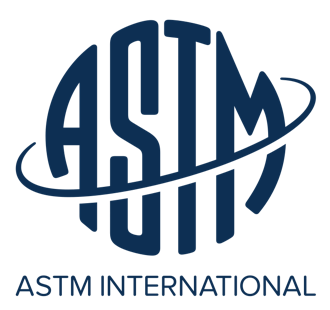MORE INFO: sn.astm.org
Chemycal has been acquired by 3E
Learn MoreChemycal has been acquired by 3E
Learn MoreDiscover how Chemycal PRO helps you boosting your regulatory monitoring:

The ASTM International Standard for full-size baby cribs (F1169) was developed in response to a growing problem of mechanical failures in cribs that led to the deaths of children. The standard was first published in 1988 and aimed to address structural issues in cribs not covered by existing regulations. It has since been updated multiple times, with the most significant revision in response to numerous recalls of cribs due to structural problems. The standard is used by crib manufacturers, retailers, and testing laboratories and has been referenced in U.S. federal regulations since 2011.
The impact of the standard on health and safety is significant, with a substantial reduction in crib-related deaths and injuries. Data from the U.S. CPSC shows a notable decline in deaths related to crib hardware/component issues after the standard became mandatory. Consumers benefit from this standard by having peace of mind when purchasing cribs, knowing that they meet strict safety requirements.
The standard has also been adopted or referenced by other countries and aligns with the United Nations Sustainable Development Goal 3 (Good Health and Well Being) by contributing to the reduction of child mortality and promoting child health and safety. The development of the standard was a collaborative effort involving various stakeholders, including crib manufacturers, consumer groups, and regulatory agencies, leading to its successful implementation.
MORE INFO: sn.astm.org
2013 © MyChemicalMonitoring. ALL Rights Reserved. About Us | Terms and Conditions